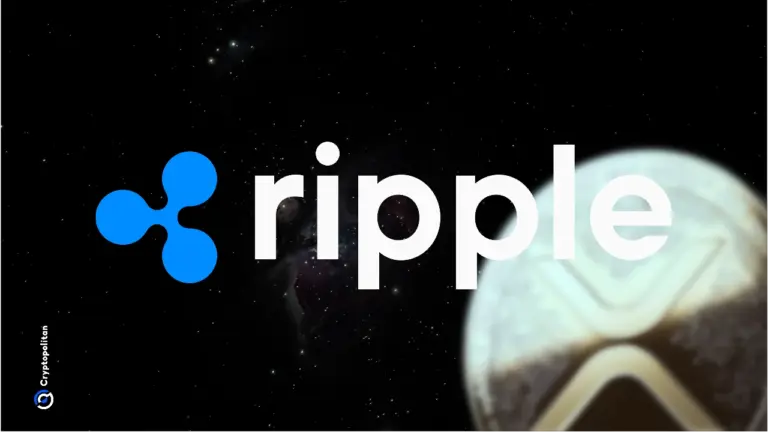DOJ Clarifies Liability for Open Source Developers
- DOJ clarifies liability for open source developers.
- Liability applies only with specific criminal intent.
- Boost in DeFi innovation due to reduced legal risk.
Acting Assistant Attorney General Matthew R. Galeotti announced at the Wyoming Blockchain summit that open-source smart contract developers aren’t criminally liable without specific intent, clarifying DOJ’s stance.
This regulatory clarification is expected to lower risk premiums in the DeFi sector, attracting investors and boosting developer confidence across Ethereum-based protocols.
DOJ Announces Major Shift in Developer Liability
The U.S. Department of Justice has clarified that open source smart contract developers are not liable for third-party code misuse unless there’s intent. This announcement forms part of a broader strategy to encourage innovation in the DeFi ecosystem .
Matthew R. Galeotti, Acting Assistant Attorney General, articulated this stance at the Wyoming Blockchain summit. The DOJ emphasized that the mere act of coding without ill intent does not entail criminal liability, impacting developers and stakeholders.
“Our view is that merely writing code, without ill intent, is not a crime. Innovating new ways for the economy to store and transmit value and create wealth, without ill intent, is not a crime.”
Impact on DeFi and Ethereum-based Projects
This clarification is poised to spur confidence among developers and investors, particularly in Ethereum-based projects. It signals a declining risk premium for DeFi ventures, potentially unleashing larger venture capital inflows into the ecosystem.
Financial implications are considerable, with assets like Ethereum and governance tokens experiencing increased stability and interest. The DOJ’s position marks a regulatory shift, drawing a clear line between innovators and bad actors.
Encouraging Innovation and Contribution
The statement tables a likelihood for enhancing open-source contributions and encouraging the advancement of smart contracts. Developers may now engage more freely without the looming threat of inadvertent legal repercussions.
Historically, prosecutions required demonstrable control or facilitation of illegal activities. This move aligns with past calls for contextual liability assessments , offering developers a clearer framework within which to innovate without fear of unintended consequences.
Disclaimer: The content of this article solely reflects the author's opinion and does not represent the platform in any capacity. This article is not intended to serve as a reference for making investment decisions.
You may also like
Cigarette toss leads to arrest of $13 million crypto conman
Share link:In this post: Seoul police caught a $13M crypto conman after he tossed a cigarette and tried to flee. He’d been on the run since 2020, wanted on 10 charges including fraud and assault. Other scammers like James Zhong and “Razzlekhan” also slipped up due to dumb mistakes.
Dow jumps 846 points to record close, S&P and Nasdaq rally over 1.5%
Share link:In this post: The Dow jumped 846 points to close at a record 45,631.74 after Powell signaled rate cuts may start next month. The S&P 500 and Nasdaq gained over 1.5%, driven by strong tech stock rallies. Gold, silver, and other metals rose as the U.S. dollar dropped sharply following Powell’s comments.
Apple sues Oppo over alleged theft of technology
Share link:In this post: Apple filed a lawsuit claiming that Oppo hired Chen Shi, a former Apple Watch engineer, and encouraged him to take confidential health-sensing data to build a competing wearable. Before leaving Apple in June, Shi allegedly downloaded 63 internal documents. Apple says this case fits a broader pattern, referencing past incidents involving trade secrets going to China.
Viral document sparks claims U.S. government owns XRP
Share link:In this post: A 12-year-old USPTO document has sparked claims that the U.S. government owns the “XRP” patent. While real, the document was initiated by OpenCoin, the now Ripple. Ripple Labs currently has 67 trademark applications and 18 approved patents.
